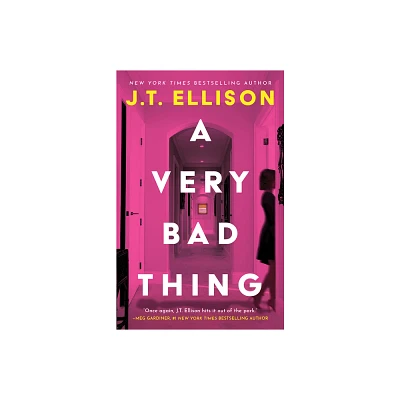Home
Bad Things: The Nature and Normative Role of Harm
Loading Inventory...
Barnes and Noble
Bad Things: The Nature and Normative Role of Harm
Current price: $19.99


Barnes and Noble
Bad Things: The Nature and Normative Role of Harm
Current price: $19.99
Loading Inventory...
Size: Audiobook
*Product Information may vary - to confirm product availability, pricing, and additional information please contact Barnes and Noble
Bad Things
addresses various philosophical questions about the nature and moral relevance of harm. The most basic question is this: under what conditions does an event (or do some events) harm a given individual? Neil Feit focuses primarily on the metaphysics of harm, and he both defends and extends the counterfactual comparative account of harm. On this account, in its most basic form, an act or event harms an individual provided that she would have been better off if it had not occurred. The counterfactual comparative account is widely accepted but also widely criticized. Feit provides detailed and thorough responses to the most challenging objections. He argues that an adequate theory of harm should entail the counterfactual comparative account but also make room for a certain kind plural harm, where two or more events together harm an individual although neither one by itself is harmful. These harmful events are bad things, collectively, even if no single event is itself a bad thing. Feit sets out and defends a detailed account of plural harm, addressing issues about the magnitude and the time of the harm suffered by the victim. The primary focus of the book is on the metaphysics of harm, but issues concerning its normative or moral relevance are addressed. In particular, Feit questions the received view that there are strong reasons, which can be overridden only in unusual circumstances, against harming per se.
addresses various philosophical questions about the nature and moral relevance of harm. The most basic question is this: under what conditions does an event (or do some events) harm a given individual? Neil Feit focuses primarily on the metaphysics of harm, and he both defends and extends the counterfactual comparative account of harm. On this account, in its most basic form, an act or event harms an individual provided that she would have been better off if it had not occurred. The counterfactual comparative account is widely accepted but also widely criticized. Feit provides detailed and thorough responses to the most challenging objections. He argues that an adequate theory of harm should entail the counterfactual comparative account but also make room for a certain kind plural harm, where two or more events together harm an individual although neither one by itself is harmful. These harmful events are bad things, collectively, even if no single event is itself a bad thing. Feit sets out and defends a detailed account of plural harm, addressing issues about the magnitude and the time of the harm suffered by the victim. The primary focus of the book is on the metaphysics of harm, but issues concerning its normative or moral relevance are addressed. In particular, Feit questions the received view that there are strong reasons, which can be overridden only in unusual circumstances, against harming per se.


















